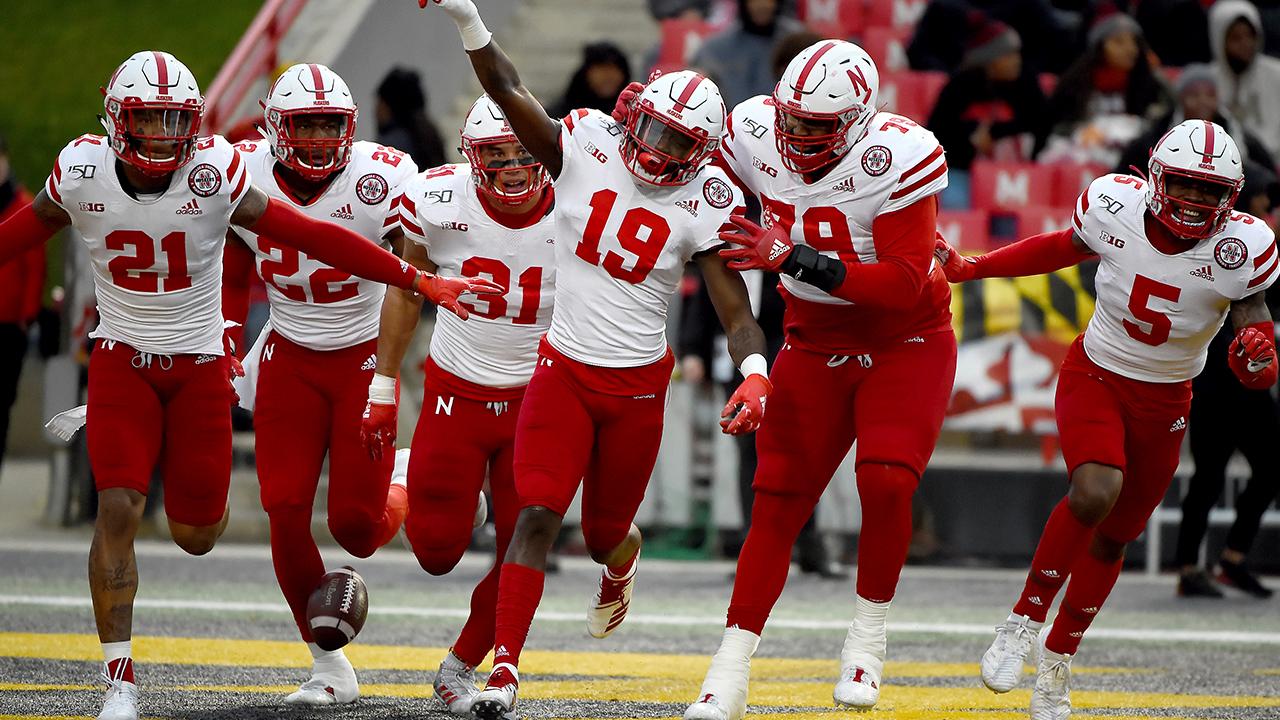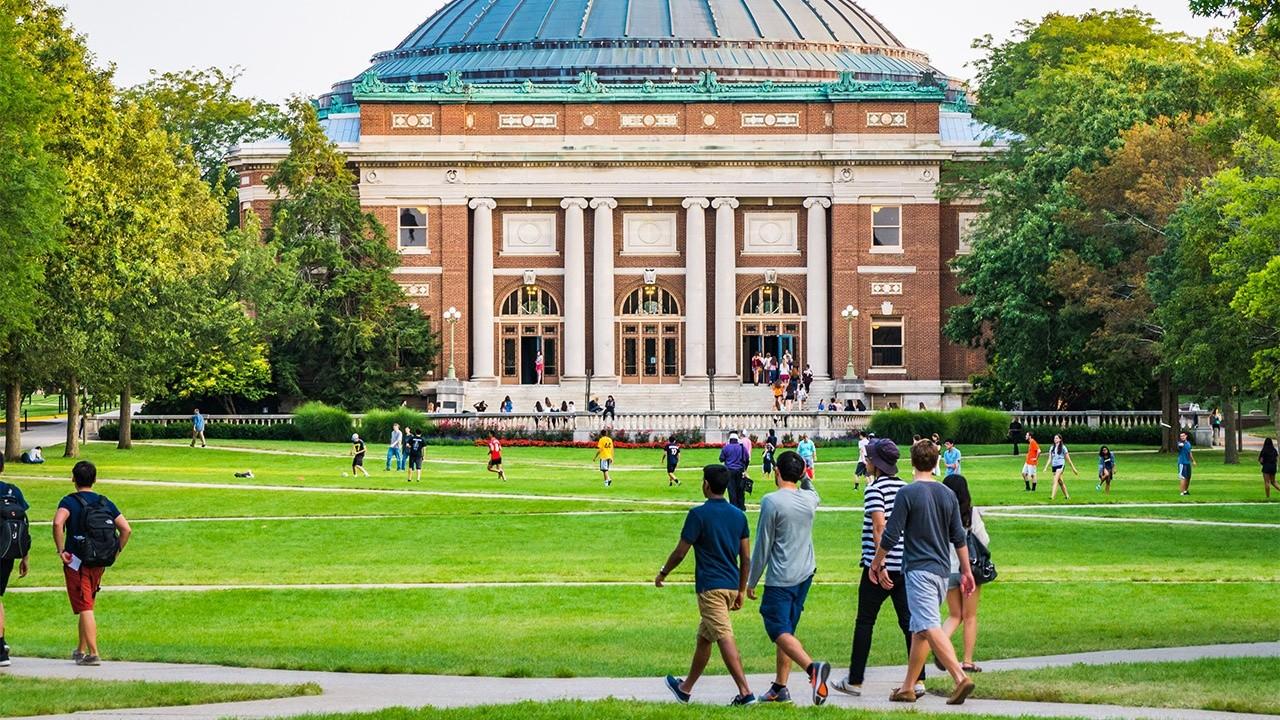Coronavirus cancels Ivy League sports for rest of year
Decision affects football, soccer, field hockey, volleyball, cross country and basketball
The Ivy League on Wednesday became the first Division I conference to suspend all fall sports, including football, because of the coronavirus pandemic, leaving open the possibility of moving some seasons to the spring if the outbreak is better controlled by then.
“We simply do not believe we can create and maintain an environment for intercollegiate athletic competition that meets our requirements for safety and acceptable levels of risk,” the Ivy League Council of Presidents said in a statement.
“We are entrusted to create and maintain an educational environment that is guided by health and safety considerations. There can be no greater responsibility — and that is the basis for this difficult decision.”
The decision affects not just football but soccer, field hockey, volleyball and cross country, as well as the fall portion of winter sports like basketball. The league said it has not yet determined whether fall sports can be moved to the spring.
The conference noted in a statement that its schools already are limiting gatherings, visitors and travel for students staff.
“As athletics is expected to operate consistent with campus policies, it will not be possible for Ivy League teams to participate in intercollegiate athletics competition prior to the end of the fall semester,” the conference said.
STANFORD CUTS 11 SPORTS AS CORONAVIRUS SLAMS COLLEGE ATHLETIC BUDGETS
Although the coalition of eight academically elite schools does not grant athletic scholarships or compete for an NCAA football championship, the move could have ripple effects throughout the big business of college sports. Football players in the Power Five conferences have already begun workouts for a season that starts on Aug. 29, even as their schools weigh whether to open their campuses to students or continue classes remotely.
“There are important decisions to be made in the coming weeks and by late July there should be more clarity about the fall season,” Southeastern Conference commissioner Greg Sankey said.
But it was the Ivy League’s March 10 decision to scuttle its postseason basketball tournament that preceded a cascade of cancellations. All major college and professional sports were halted within days.
“What’s happening in other conferences is clearly a reflection of what’s happening nationally and any decisions are made within that context,” said Dr. Chris Kratochvil, the chair of the Big Ten’s infectious disease task force, adding that there is no “hard deadline” for a decision.
AMAZON PULLS WASHINGTON REDSKINS MERCHANDISE FROM ITS WEBSITE, JOINING OTHER RETAILERS
“Clearly, regardless of what happens in the fall, sports are coming back eventually,” he said. “So we want to make sure that whenever that time (is) right to return to competition, that we have the infrastructure and the recommendations in place to be able to do so safely for the student-athletes, staff, coaches, fans, students.”
The Atlantic Coast Conference, which includes 14 schools in nine states, said in a statement that decisions are being made by the individual members with local conditions in mind.
“As it relates to the start of the regular season, those discussions are in process,” the league said.
Ivy League schools are spread across seven Northeastern states that, as of mid-July, have seen some success at mitigating the COVID-19 pandemic. But most of those states still ban large gatherings; under the Massachusetts reopening plan, Harvard would not be allowed to have fans in the stands until a vaccine is developed.
CLICK HERE TO GET FOX BUSINESS ON THE GO
Harvard has already announced that all classes for both semesters will be held virtually; dorms will be open only to freshmen and seniors. Yale said it would limit its dorms to 60% capacity and said most classes would be conducted remotely. Princeton will also do most of its teaching online, with dorms at half capacity.
But while Ivy League football remains a quaint extracurricular activity, the sport drives millions in revenues for Power Five schools. According to USA Today, the Longhorns football program brought Texas more than $144 million in 2018.
At a White House summit on reopening schools earlier Wednesday, President Donald Trump asked University of Alabama chancellor Finis St. John if the Crimson Tide will play football this year.
“I can promise you. We are planning to play the season at the University of Alabama,” St. John said. “Understand that creates great difficulties and complexities, and we are hoping for that. It’s important to a lot of people. But we’re doing our best on that one.”
CLICK HERE TO READ MORE ON FOX BUSINESS





















